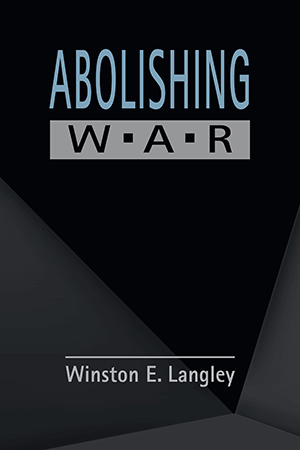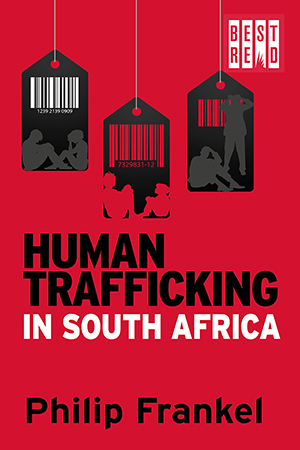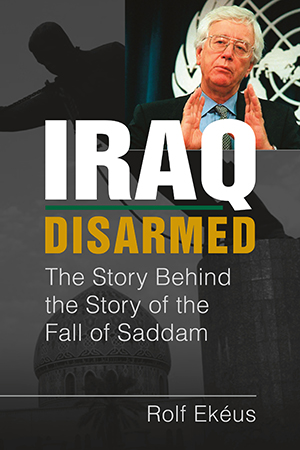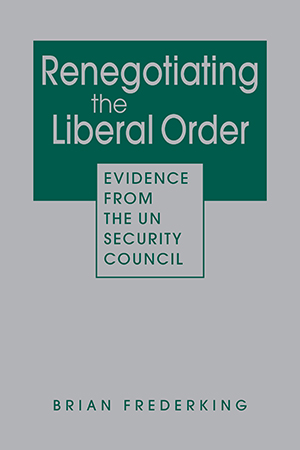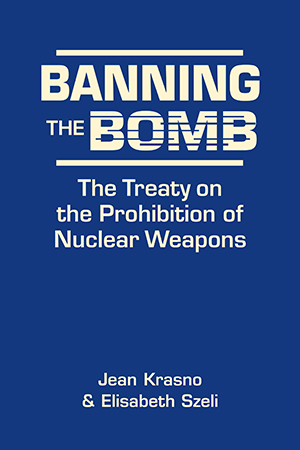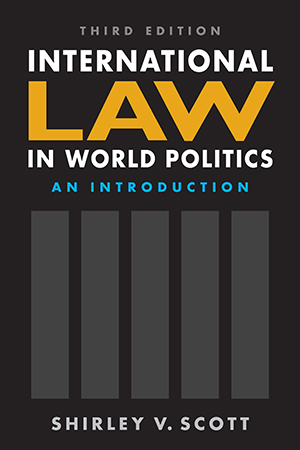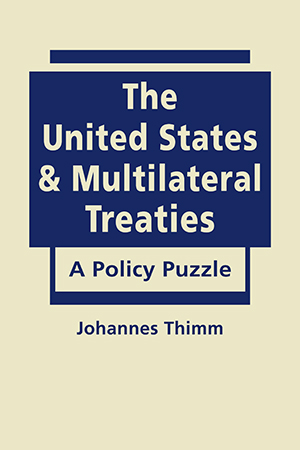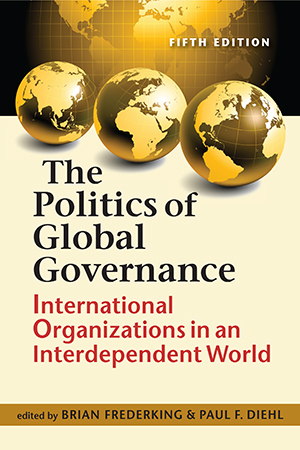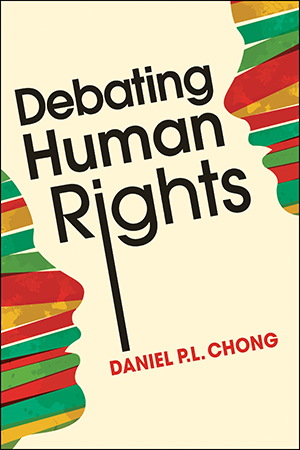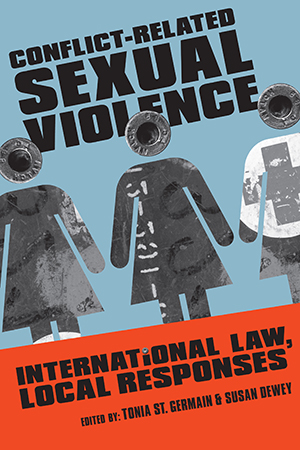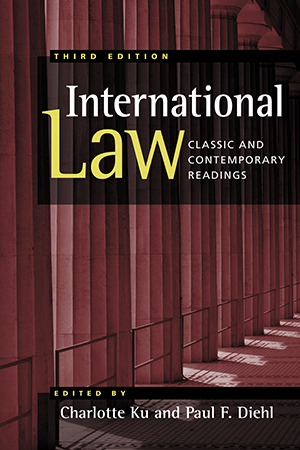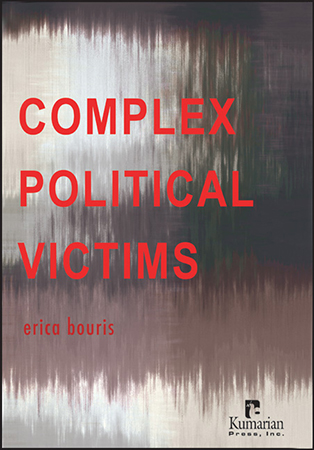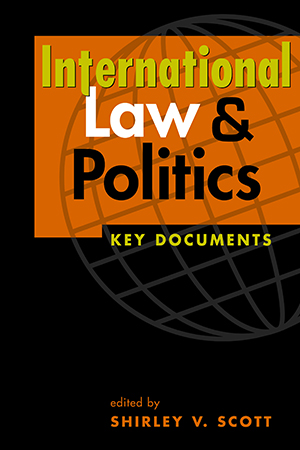International Law
The past five decades have seen both a prioritization of copyright in US foreign economic policies and a head-spinning disruption to copyright law caused by the digital revolution—all More >
The Covid-19 pandemic. Russia’s invasion of Ukraine. Cybercrime and ecocide. Outer space. Global warming. These are just a few of the myriad issues that are the subjects, and sometimes More >
Is it possible to abolish war? This is the fundamental question animating Winston Langley's new book. And, though many will disagree, it is a question to which the author is persuaded More >
South Africa has the unfortunate distinction of being one of the top-ten worldwide routes for trafficking in persons, or TIP, a massive phenomenon fueled by poverty, forced migration, More >
"The quest to disarm Iraq took place between two wars—one justified and right, the other a dreadful mistake, a violation of international law that led to hundreds of thousands of More >
Is the liberal order in decline? Can we see evidence of that decline in the UN Security Council? Brian Frederking challenges the increasingly popular "decline" narrative by More >
Frustrated by the abrogation of promises by nuclear weapons states to disarm, countries that have foregone nuclear weapons joined forces with key members of civil society in efforts that More >
Reflecting a dramatically changing global context, the third edition of International Law in World Politics introduces the actors, structures, processes, and issues of international law in More >
Why is the US so reluctant to join global multilateral treaties, even when those treaties are in line with its own policies? And how does it decide which treaties to ratify? Finding that the More >
Covering decisionmaking processes, peace and security affairs, and economic, social, and humanitarian issues, The Politics of Global Governance helps students of international organizations More >
Even as human rights provide the most widely shared moral language of our time, they also spark highly contested debates among scholars and policymakers. When should states protect human More >
The authors of this groundbreaking book explore the gap between policy and practice in international responses to conflict-related sexual violence. Drawing on their research in Africa, Asia, More >
Covering subjects ranging from treaties and dispute resolution to the environment, human rights, and terrorism, this anthology reveals the influence of international law on political More >
Looking beyond the standard discourse about political victims, with its dichotomies of good and evil—and believing that more can be done to effectively recognize and respond to More >
Unique in its breadth of coverage, this carefully designed collection presents the key documents of international law at the global level. The collection encompasses the full spectrum of More >




